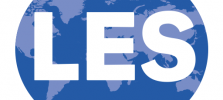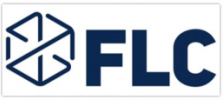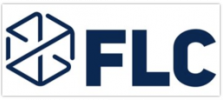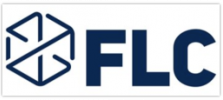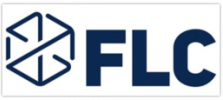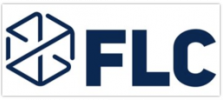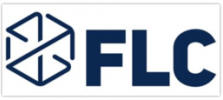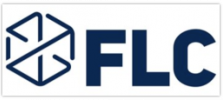Facilitating Access to HIV Treatment in Developing Countries
The 2012 Deals of Distinction™ Award was presented to the National Institutes of Health (NIH) along with the University of Illinois at Chicago (UIC), who jointly own one patent family, and to Gilead Sciences (Gilead) for license agreements granted to the Medicines Patent Pool, a newly established initiative of UNITAID, an international organization established to grant licenses for the generic manufacture and purchase of drugs against HIV/AIDS, malaria, and tuberculosis.

